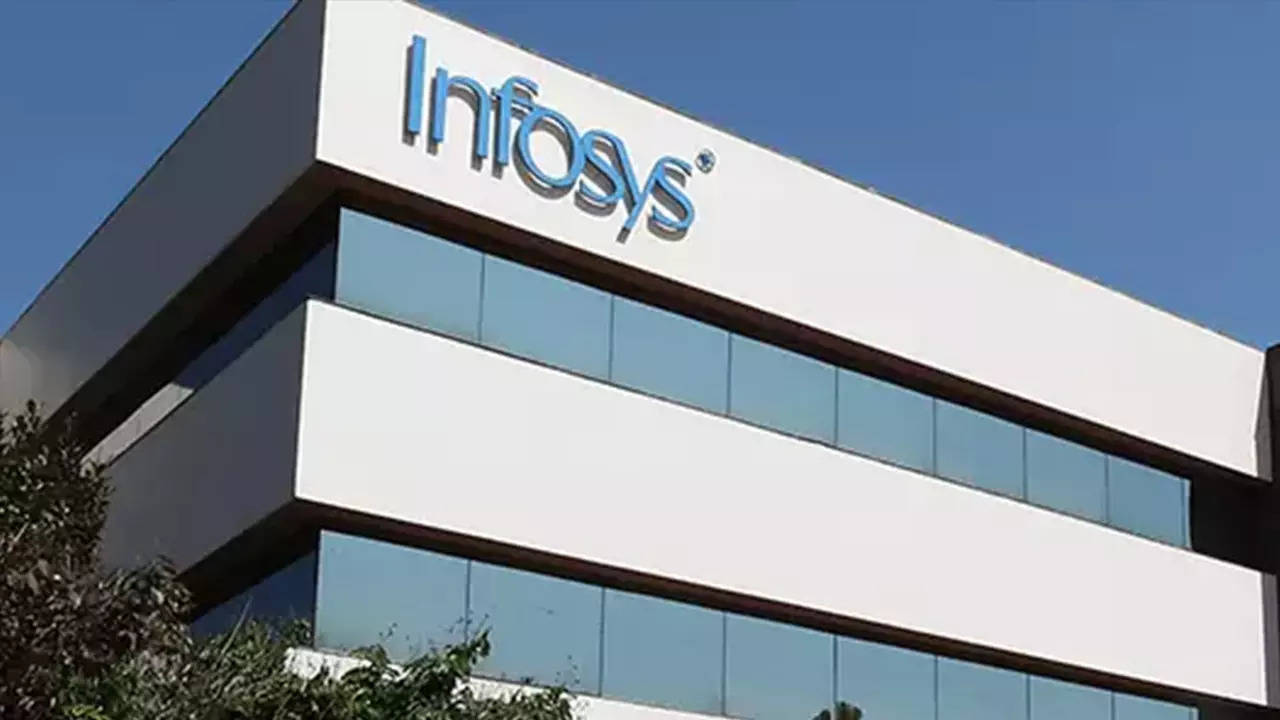Also in this letter:
■ India to press Apple, Samsung for faster 5G software upgrades in phones
■ Infosys says its president Ravi Kumar S has resigned
■ FSB proposes first global rules before ‘crypto winter’ thaw
Sebi quizzes VCs and PEs on dispute resolution process

The Securities and Exchange Board of India (Sebi) has asked several private equity (PE) and venture capital (VC) funds about how they resolve disputes, and whether they have spelt out their resolution frameworks in the private placement memorandum (PPM).
What’s that? The PPM is a key document that contains information on their investment strategy and risk management tools, among other things, which wealthy investors study before putting money in an alternative investment fund (AIF). AIF is the regulatory term for PE, VC, and angel funds.
Sebi has also asked funds to share the number of complaints they have received in the past two financial years, and the number of complaints that have been directed to the resolution mechanism.
Thursday deadline: Funds have to submit the information by October 13, a person aware of the letter from the regulator told us.
How it works: Typically, the manager of an AIF is a local entity – a company or a limited liability partnership. This manager (who must have at least one employee with certain qualifications) enters into an investment management agreement with the trustee (on behalf of the fund) and is authorised to manage the fund’s investments.
The sponsor chips in money like other investors, and has to contribute 2.5% of the fund corpus or Rs 5 crore, whichever is lower. The manager may also double up as a sponsor.
Under the microscope: Over the past few months, Sebi has been collecting a lot of information on AIFs. In early September, the regulator had asked these funds to disclose their valuation methodologies. This was a significant move since most funds are close-ended vehicles that invest in unlisted stocks.
India to press Apple, Samsung for faster 5G software upgrades in phones

India’s government will push Apple, Samsung and other mobile phone manufacturers to prioritise rolling out software upgrades to support 5G in the country, amid concerns that many of their models are not ready for the recently launched high-speed service, Reuters reported.
Catch up quick: Prime Minister Narendra Modi launched 5G services on October 1 amid much fanfare, with Reliance Jio saying it would launch the service in four cities and Bharti Airtel in eight.
But Apple’s iPhone models, including the latest iPhone 14, and many of Samsung’s premier phones do not have software compatible for supporting 5G in India, according to three industry sources and Airtel’s website.
Wednesday meeting: Concerned by this, top bureaucrats from India’s telecoms and IT departments will chair a meeting on Wednesday for early 5G adoption.
It has asked smartphone executives from foreign companies Apple, Samsung, Vivo and Xiaomi, as well as domestic telecom operators Reliance, Airtel and Vodafone Idea to be present, according to a government document seen by Reuters.
Users miffed: The lack of 5G software upgrades has already irked users.
On Sunday, Paytm CEO Vijay Shekhar Sharma tagged Airtel in a tweet saying he bought a Google Pixel 6a phone only to use 5G but was unable to access the high-speed network. He later asked Google for a software upgrade in a tweet.
In response, a Twitter user posted screenshots showing his exchanges with Google in which the company said it was working with Indian telecom carriers to turn on 5G functionality on its phones “as soon as possible”, targeting a December timeline.
Infosys says its president Ravi Kumar S has resigned

Infosys said on Tuesday that its president Ravi Kumar S had resigned from the company, effective immediately. It did not specify why he quit.
“The board of directors placed on record their deep sense of appreciation for the services rendered by Ravi Kumar S for his contributions to the company,” the IT services firm said in a statement.
Two decades: Kumar, who is based out of New York, had worked with Infosys for almost 20 years. He served in various roles across the organisation as part of Infosys’s executive council and was leading the insurance and payments business before he was appointed president in 2016.
As president, Kumar led the service lines and specialised digital sales across consulting, technology, infrastructure, engineering and process. He also chaired Infosys businesses, including the business process management subsidiary, Infosys Public Services, Infosys Foundation (USA), and the Hitachi-Infosys joint venture, among many others.
Recently, he had been steering the company’s ambitious metaverse plans.
According to the company’s annual report for FY22, Kumar was the third-highest-paid executive of the company after CEO Salil Parekh and former COO UB Pravin Rao.
FSB proposes first global rules before ‘crypto winter’ thaw

Crypto asset companies should set aside capital like banks do when undertaking similar activities, a regulator proposed in its first global rules on Tuesday, amid a crypto winter that has wiped $2 trillion off the sector.
Driving the news: The Financial Stability Board (FSB), which coordinates financial rulemaking among Group of 20 Economies (G20), made nine recommendations for members to apply.
Details: FSB recommends putting in place a framework for oversight, managing risks and data at crypto firms, and drawing up plans for a smooth shutting down of troubled crypto asset firms.
The proposals seek cross-border consistency to regulating crypto-assets, particularly as the European Union finalises groundbreaking rules to regulate the sector from 2024.
The underlying principle is that the same activity should be regulated in the same way, whether undertaken by a crypto asset company, bank or payments provider. Crypto firms may need to separate some functions to ensure this, the FSB said.
What’s next? The proposals have been put out to public consultation until December 15 and are expected to be finalised by mid-2023, when FSB members will be expected to fast-track their implementation.
OECD’s crypto framework: On Monday, the Organisation for Economic Co-operation and Development (OECD) released a global framework for reporting cryptocurrency transactions that would make it possible for countries to keep tabs on the cross-border transfer of crypto assets.
Tweet of the day
Musk’s banks may have a way to cut losses from Twitter deal

Elon Musk’s banks, which face huge losses on their commitment to finance his $44 billion buyout of Twitter, may not be able to back out of the deal easily but could minimise the hit they take, according to a Reuters analysis.
Morgan Stanley, Bank of America, Barclays and Mitsubishi UFJ Financial Group led a $13 billion financing for Musk’s bid.
Debt market collapse: Typically, banks would sell the debt to investors and pocket an underwriting fee. But the terms of the financing were set in April when Musk first made an offer for Twitter and the market for such debt has collapsed since then.
That means if banks tried to sell the debt now, they would have to do so at a loss to entice investors to take it off their hands.
Rejig: Banks could try to minimise their losses by increasing the amount of debt that is secured by collateral so that it is less risky, holding a bigger portion of it on their balance sheets, and reducing the amount they have to sell to investors in the near term, according to half a dozen debt capital market bankers and investors.
Yes, but: They would need Musk’s signoff for any rejig of the financing structure, and there is no guarantee he would agree, sources told Reuters.
Today’s ETtech Top 5 newsletter was curated by Zaheer Merchant in Mumbai and Gaurab Dasgupta in New Delhi. Graphics and illustrations by Rahul Awasthi.
























